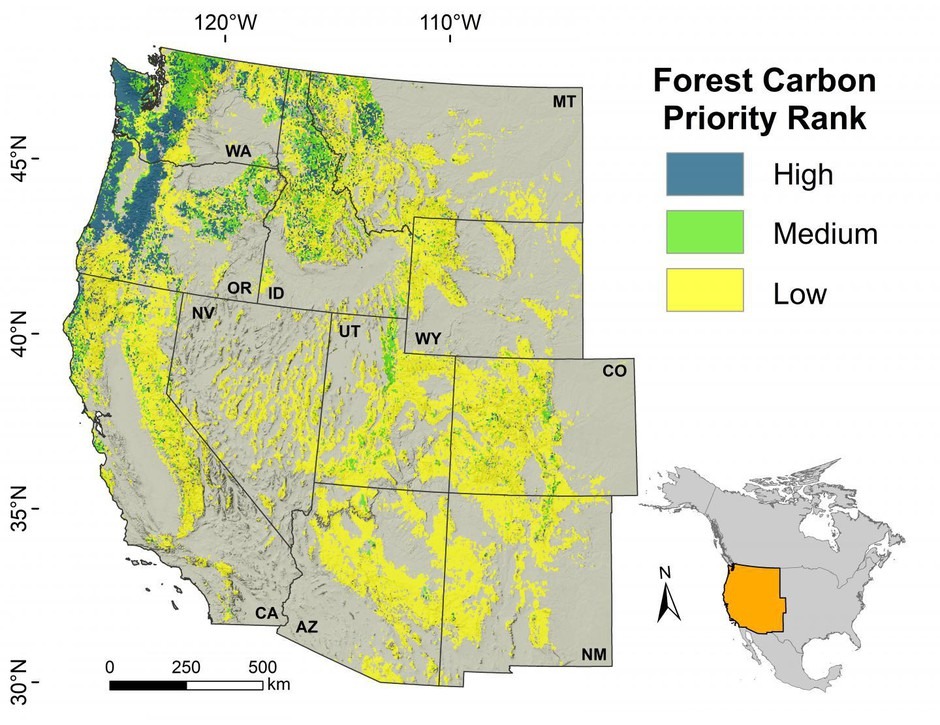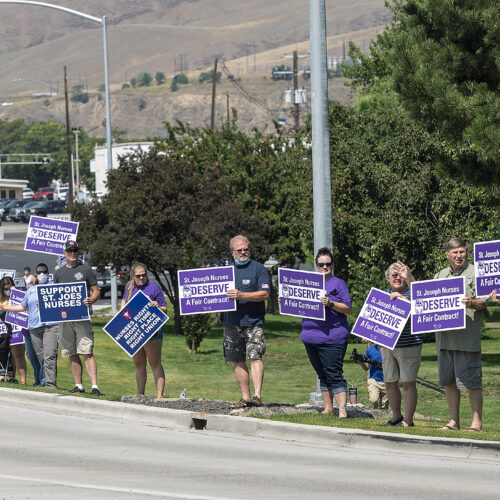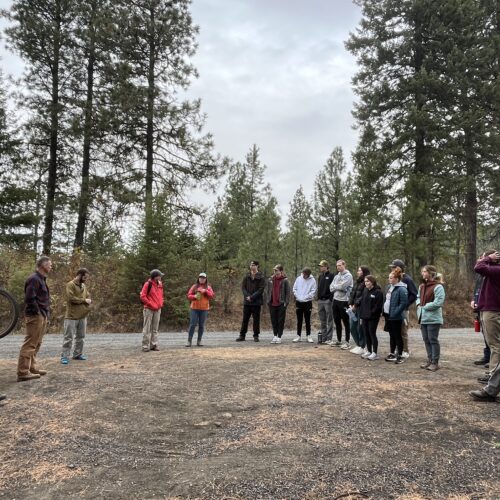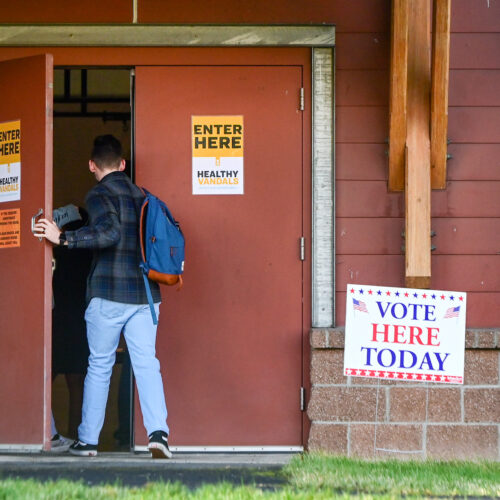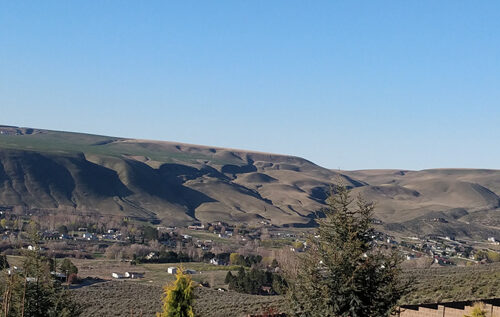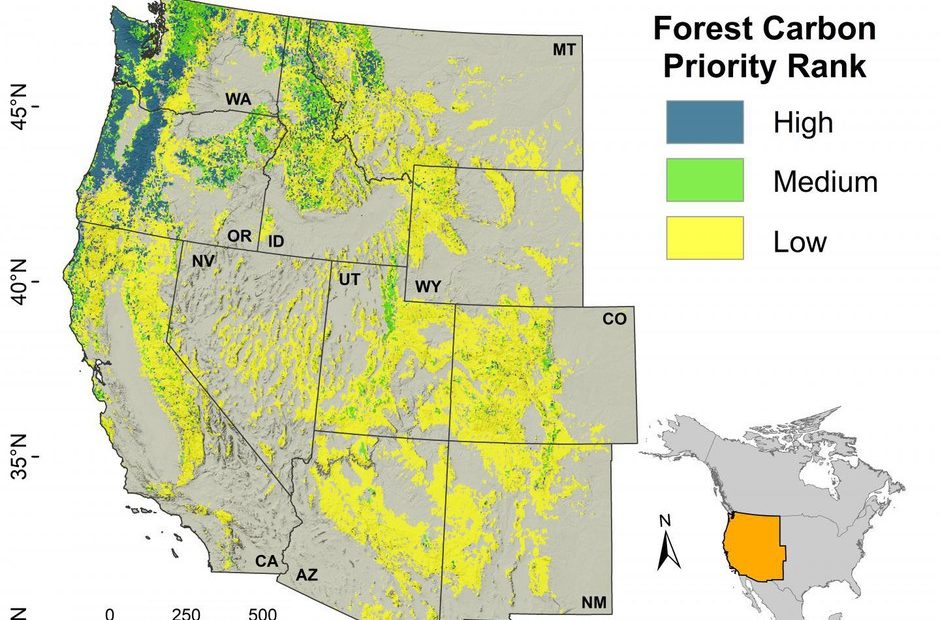
Washington Department of Natural Resources pauses King County timber auction
Listen
(Runtime 1:05)
Read
On Monday, the Washington State Department of Natural Resources (DNR) decided to pause an auction of 102 acres of public, forested lands to harvest for timber in King County that had been scheduled for Tuesday.
King County council members wrote a letter to Commissioner of Public Lands Hilary Franz and the Board of Natural Resources last week, urging them to defer the auction.
In the letter, council members wrote that the sale, called Wishbone, contains what they call “mature legacy forests,” which they would like to see protected. Trees included in what some call “legacy forests” have been defined as stands logged prior to World War II, that have been left to regenerate. These older trees do not fit within the definition of old-growth, which DNR does not harvest as a policy.
Dave Upthegrove, chair of the King County council, said the county has ambitious goals to reduce carbon emissions and that the council recognizes the role older trees play in carbon sequestration.
Trees store carbon at different rates during their lifetime, increasing as they age, grow and remain healthy, according to the National Park Service.
King County has 877,000 acres of forest land, and Upthegrove said about 14,000 acres is considered mature forests. The council is not calling for an end to all timber harvests in the county, but instead, Upthegrove said, a new framework on how forestlands in the county are managed, in a way that better accounts for climate impacts.
A number of public institutions receive money from the sale of the state’s forest lands for timber harvest to fund services such as schools, fire districts and libraries, as decided by Congress in 1889 when Washington became a state.
The minimum bid for Wishbone had been set at $1,620,000.
In this circumstance, Upthegrove said the real cost would not be accounting for the damages that could come from climate change.
“The small amount of revenue, like in real dollars immediately that King County would get from the sale of those trees, is far outweighed by the harmful economic impacts of not recognizing climate change as the existential, economic threat that it is,” Upthegrove said.
The Environmental Protection Agency recently proposed upping the Social Cost of Carbon — a measurement of economic damages that result from each additional ton of carbon emissions — to $190 per ton, from the current $51.
The council members asked DNR to settle ongoing litigation over the sale — three conservation groups filed an appeal of Wishbone in June — and to make the requested changes from the appeal.
The appeal, filed by the Center for Sustainable Economy, the Legacy Forest Defense Coalition and Save the Olympia Peninsula, alleges that the sale would include the clearcutting of over 100 acres of trees that range in age between 80 and 110 years.
The appellants argue that these trees are reaching the age when they would sequester the most amount of carbon in their lifetime, and harvesting them would take away that sequestration, and increase certain risks of climate change — such as heatwaves, landslides and wildfires. The appellants state that the board did not take these risks into consideration when approving the sale for auction, and would like to see the approval of the auction rescinded.
Kenny Ocker, communications manager for the DNR, provided a statement on behalf of the department, stating in part, “… we will be collaborating with King County on the important decisions we make to ensure that trust lands there are sustainably managed to meet the economic, environmental, and social needs of their communities, as well as DNR’s constitutional and statutory duties to our beneficiaries and our responsibility to protect our state’s cultural resources and uphold treaty rights.”
Ocker said DNR staff plan to reach out to the county later in the week to meet.

